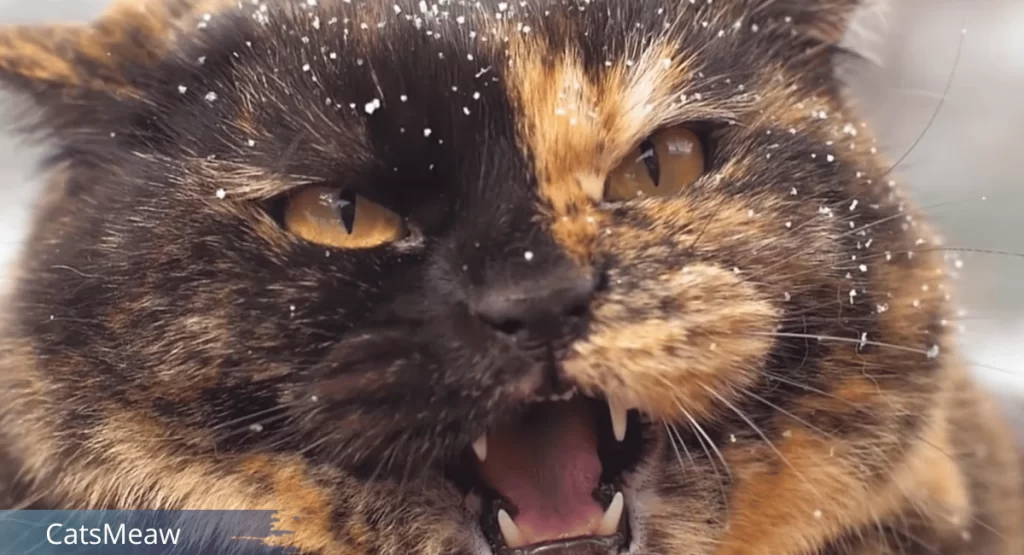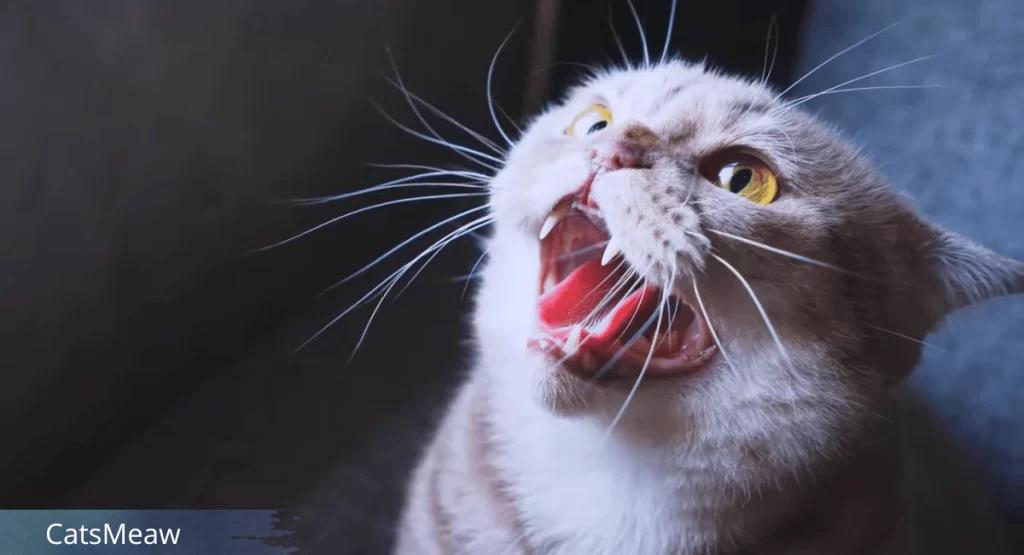Many cat owners have experienced the unsettling sound of their beloved feline hissing. It is a natural instinct for cats to hiss as a way to communicate their discomfort or fear. When a cat hisses, it is a clear warning sign that they are feeling threatened and are ready to defend themselves if necessary.

Understanding why cats hiss can help us better care for our furry friends and create a safe and nurturing environment for them.
Table of Contents
Common causes of cat hissing
There are several common causes for cat hissing. One of the most prevalent reasons is fear. Cats are known for their strong sense of self-preservation, and when they feel scared or threatened, they will often resort to hissing as a way to intimidate potential threats. Another common cause of hissing is aggression. Cats can become aggressive when they feel territorial or when they are engaged in a confrontation with another animal or even a human.
Fear and aggression as causes of cat hissing
Fear is a powerful emotion in cats, and it can trigger their natural fight-or-flight response. When a cat is afraid, they may hiss as a warning to their perceived threat. This hissing behavior is a defense mechanism to keep potential predators at bay. Aggression, on the other hand, is often linked to dominance and territoriality. Cats are highly territorial animals, and when they feel that their territory is being invaded or challenged, they may hiss to establish dominance and protect their territory.
Medical issues that can cause cat hissing
While fear and aggression are common causes of cat hissing, it is important to rule out any underlying medical issues that may be contributing to this behavior. Pain or discomfort can make a cat more prone to hissing. Dental problems, urinary tract infections, or even arthritis can cause a cat to react aggressively due to the discomfort they are experiencing.
Related: Best Interactive Toys for Indoor Cats
If your cat’s hissing behavior is out of character or persists over time, it is crucial to consult with a veterinarian to rule out any potential health issues.
How to handle a hissing cat
Handling a hissing cat can be challenging, but it is essential to approach the situation calmly and cautiously. The first step is to give the cat some space and time to calm down. Do not force any interactions or try to pick up the cat while it is hissing. Instead, allow the cat to retreat to a safe space where it feels secure.
Avoid making sudden movements or loud noises that may further agitate the cat. Once the cat has calmed down, slowly approach it using gentle and reassuring body language. Offer treats or toys as a way to build positive associations and gradually reintroduce trust.
Preventing cat hissing in multi-cat households
In multi-cat households, it is not uncommon for hissing to occur as cats establish their hierarchy and define their territories. To prevent cat hissing in such environments, it is crucial to provide enough resources for each cat, including food, water, litter boxes, and resting areas. Additionally, ensure that there are plenty of vertical spaces and hiding spots for cats to feel secure and retreat to if needed. Gradual and supervised introductions between new cats and resident cats can also help minimize tension and prevent hissing.
Our pick: Essentials Cat Supplies

Helping a cat overcome fear and aggression
If your cat is exhibiting fear or aggression that is leading to hissing, it is important to address these underlying issues. Creating a safe and enriching environment for your cat is the first step. Provide plenty of hiding spots, vertical spaces, and interactive toys to help alleviate anxiety and redirect aggression.
Positive reinforcement training can also be beneficial in teaching your cat alternative behaviors and rewarding calm and non-aggressive responses. In some cases, working with a professional animal behaviorist may be necessary to help your cat overcome their fear or aggression.
When to seek professional help for a hissing cat
While some instances of hissing can be resolved with proper care and attention, there are situations in which professional help is necessary. If your cat’s hissing is persistent, escalating in intensity, or accompanied by other concerning behaviors, it is crucial to seek the assistance of a veterinarian or a qualified animal behaviorist.
Related: Best Tips to Prevent Your Cat’s Attack
These professionals can conduct a thorough assessment to determine the underlying causes of the hissing and develop a tailored plan to address the issue effectively. Remember, your cat’s well-being and emotional health should always be a top priority.
Conclusion
Understanding the causes of cat hissing is crucial for cat owners to create a harmonious and stress-free environment for their feline companions. Fear and aggression are common triggers for hissing, but it is important to rule out any potential medical issues that may be contributing to this behavior. Handling a hissing cat requires patience, gentleness, and respect for their personal boundaries.
Preventing hissing in multi-cat households involves providing enough resources and creating a space that supports each cat’s individual needs. With the right approach and, if needed, professional guidance, cats can overcome their fear and aggression, leading to a happier and healthier life for both the cat and their human companions.
